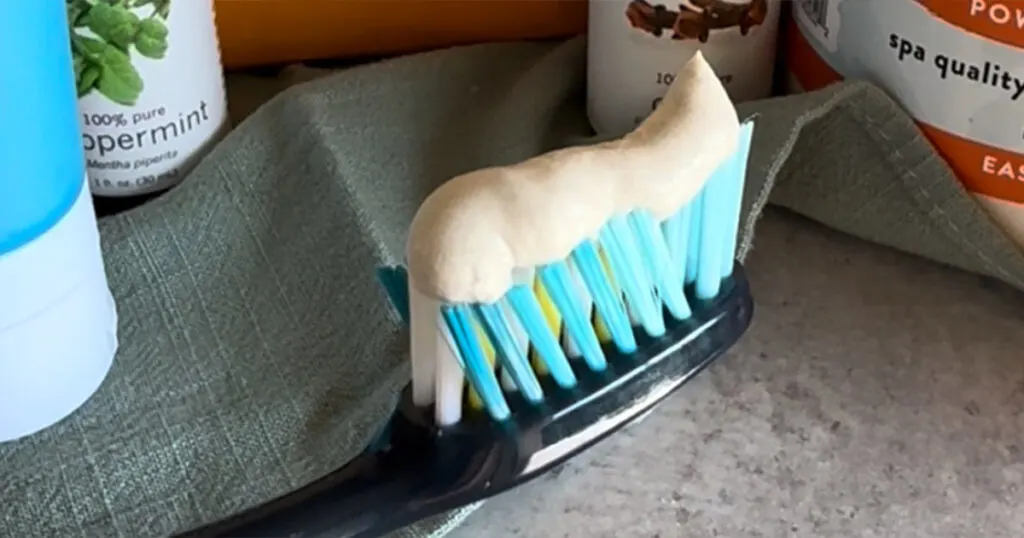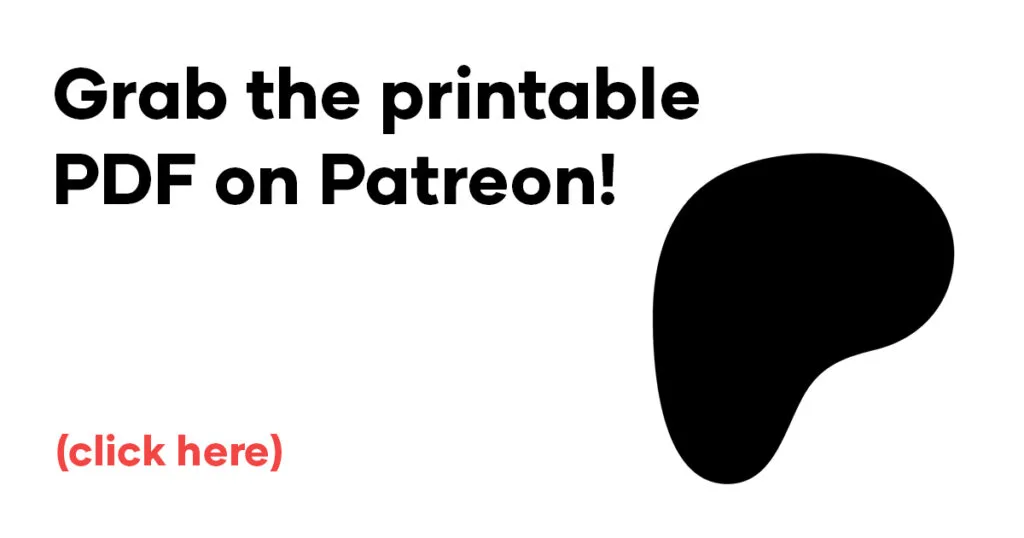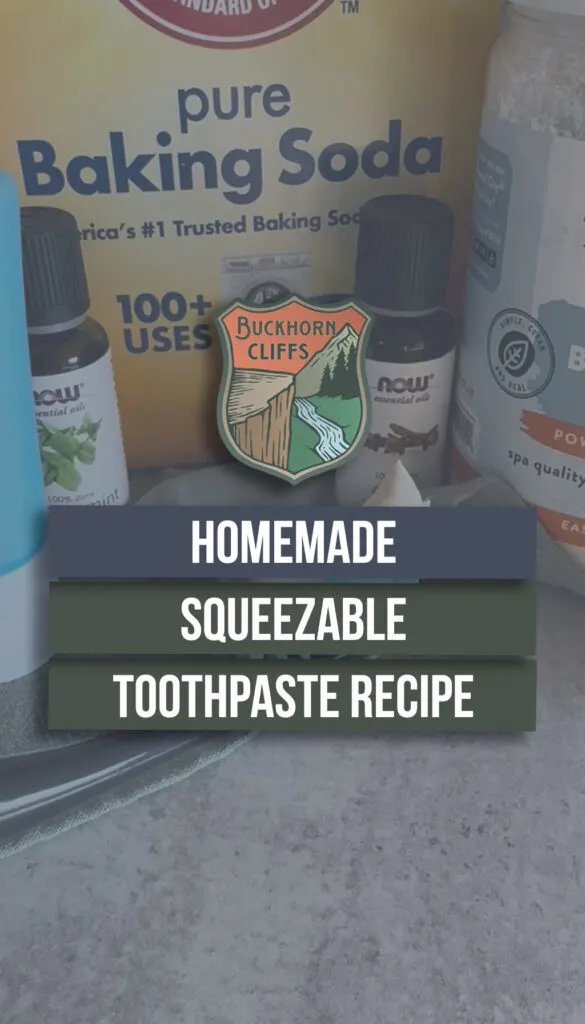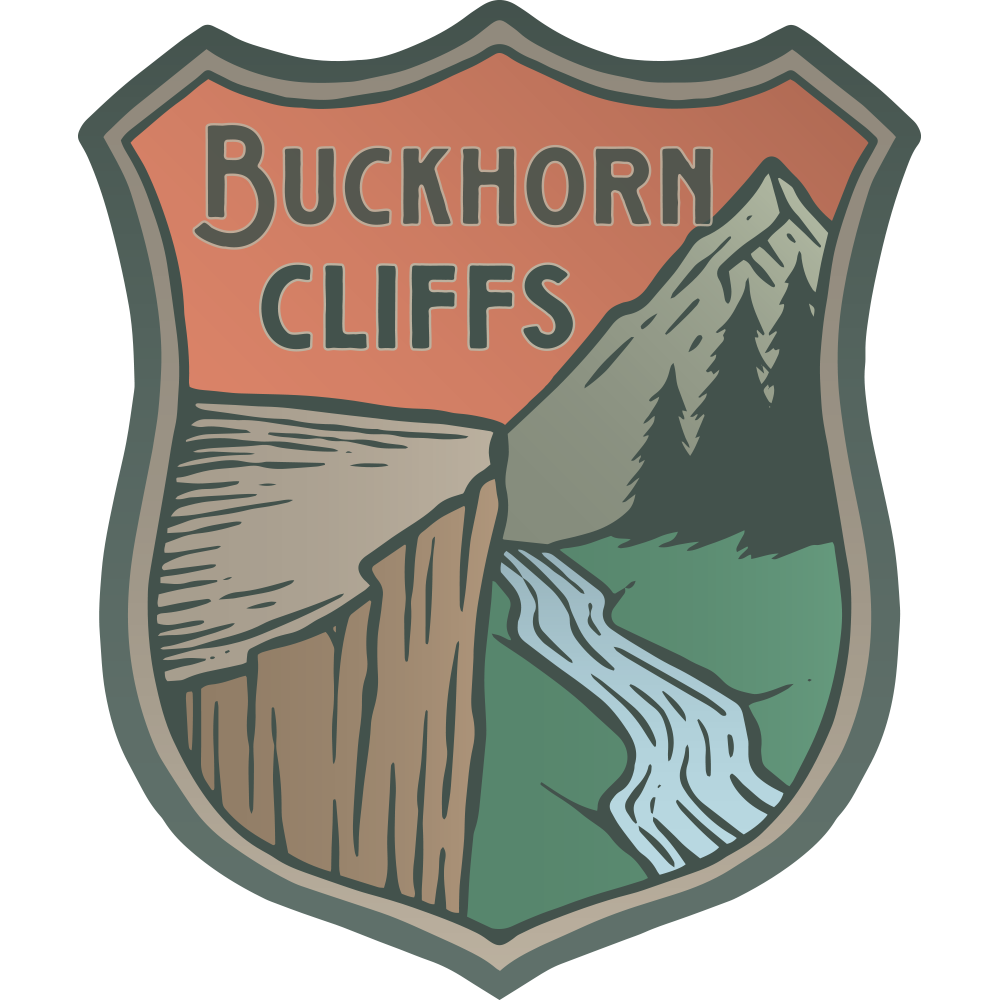Making your own toothpaste is easy, effective, and money-saving. You’re also able to adjust the flavor and strength, avoid the harmful chemicals in store-bought toothpastes, as well as learning a skill that can serve you well in maintaining your oral health if/when there is no access to stores.

2 Ways to Get the Printable PDF:
1.) You can purchase the PDF download for $5 by clicking this button:
2.) You can join our Patreon ($5/mo) and get ALL PDF downloads + answers to all your questions, click the image:

To get started, here is what you’ll need:
- 1/4 cup Water (ideally filtered)
- 1/2 Tbsp Arrowroot Starch
- 1/4 cup Bentonite Clay
- 1/4 cup Calcium Carbonate Powder
- 3 Tbsp Baking Soda
- Xylitol Powder, to taste (optional)
- 1 1/2 Tbsp Activated Charcoal Powder (optional)
- 30-40 drops Essential Oils of your choice (see notes at the bottom of this document)
- 1 Tbsp Glycerin
How-To: Mix Your Toothpaste
- In a small saucepan over medium heat, combine the water and arrowroot starch and cook, stirring constantly, until thick, smooth, and translucent. Transfer to a small bowl and place in the fridge to cool while you prepare the remaining ingredients.
- In a medium (non-reactive*) bowl, mix together the bentonite clay, calcium carbonate powder, baking soda, xylitol (if using), and activated charcoal (if using).
- Add in your desired essential oils and glycerin, stirring with a wooden spoon or silicone spatula, pressing and kneading as you go, to combine until the mixture resembles sand.
- Pour in the cooled arrowroot mixture and stir until it is smooth and thick. Patience is key here, I promise it will reach that stage if you keep working at it. If it is too thick to squeeze out of a tube, add a little more water (no more than 1/2 teaspoon at a time) until you reach your desired consistency.
- Transfer your toothpaste into your desired (non-reactive*) container. We prefer a reusable squeeze bottle to mimic store-bought toothpaste. This improves ease-of-use, as well as reducing the opportunity for bacterial growth by dipping a spoon or toothbrush into an open container.
- Store your toothpaste in its sealed container out of direct sunlight, and use within 6 months.
* A non-reactive bowl or container is anything not metal. Glass, silicone, wood, bamboo, etc are all acceptable. Bentonite Clay will draw toxins from the metals and you don’t want that in your toothpaste.
Benefits of Each Ingredient in Squeezable Toothpaste
- Arrowroot Starch – Thickens; Aids in a light foaming feeling
- Bentonite Clay – Can reduce gum swelling & pain; balances oral pH; remineralization; polishing without being overly abrasive
- Calcium Carbonate – Reduce cavities; Mild abrasive to remove plaque; Polish & remove surface stains
- Baking Soda – Reduce acidity; Mild abrasive to remove plaque; Stain removal; Whitening
- Xylitol* – Sweetener; Decrease bacteria & plaque
- Activated Charcoal – Reduce surface stains; Manage bad breath; Polishing; Whitening
- Clove Essential Oil – Antimicrobial; Reduces pain in gums
- Cinnamon Essential Oil – Flavor Enhancer; Antimicrobial
- Peppermint Essential Oil – Flavor Enhancer, Antimicrobial
- Glycerin – Retains moisture, smooth gel-like texture, slightly sweet, non-tox, helps evenly distribute the ingredients, and prevents hardening.
* Xylitol is toxic to pets, do not use near them
Homemade Toothpaste Tips
- It is best to make smaller batches to ensure it doesn’t go bad before you use it all.
- If using a bowl or jar for storage, make sure each person has their own to prevent sharing germs and bacteria. Use a clean spoon, rather than your toothbrush, to dispense the toothpaste.
- If using activated charcoal, use it only 2-3 times per week. Use a non-charcoal based toothpaste for the other days.
- If you leave out the xylitol, you may notice a saltier-than-usual taste, which is perfectly normal. This is from the baking soda. You will get used to it pretty quickly.
Our Preferred Essential Oil Blend
- We prefer a blend of 3-4 drops Clove Oil, 6-8 drops Cinnamon Oil, and about 30 drops Peppermint Oil.
- If you do not like Peppermint, feel free to experiment with other blends that suit your preferences using the list below.
Beneficial Oils for Oral Health
- Cinnamon (antimicrobial)
- Peppermint (antimicrobial)
- Wintergreen (antimicrobial)
- Spearmint (antimicrobial)
- Clove (antimicrobial, numbing)
- Tea Tree (antimicrobial)
- Myrrh (antimicrobial, soothe & heal gums)
- Eucalyptus (antibacterial, anti inflammatory)
- Vanilla (anti inflammatory, relieves pain)
- Lemon (antifungal)
Sweet Orange (antifungal, antibacterial, relieves pain)


Nita Edington
Tuesday 5th of March 2024
Rob some essential oils probably should not be ingested or probably even put in the mouth. The only ones I know that can be are by Young Living and are expensive even if you’re a distributor or whatever their titles are.
Suggestions or which do you use?
Rob Benson
Tuesday 5th of March 2024
Most essential oils are GRAS, regardless of brand. There are some that should definitely never be ingested. In toothpaste, you are not swallowing it, and with the oils suggested, a minuscule amount that may possibly get swallowed wouldn't pose a risk. We use NOW essential oils because they are readily available and not overpriced.